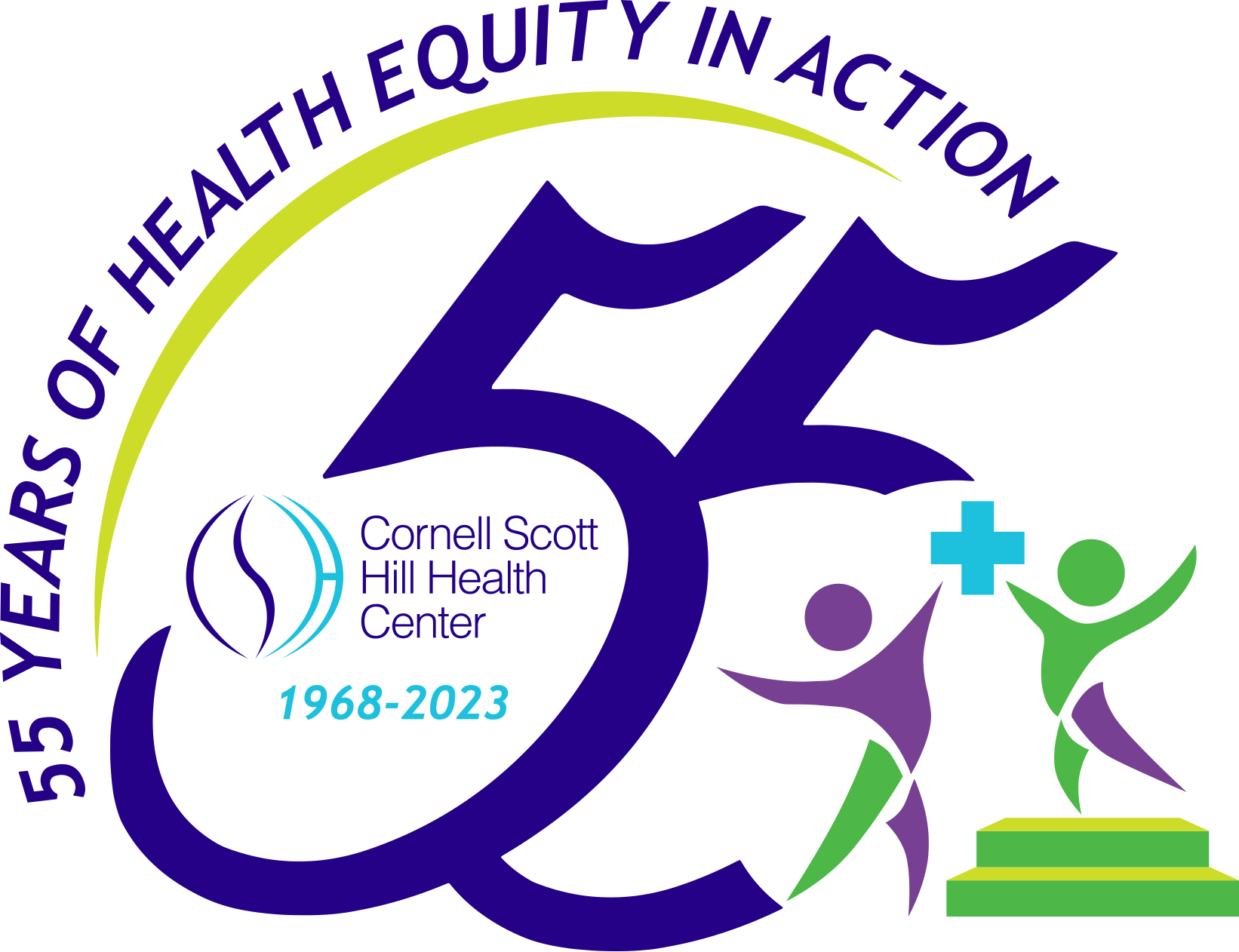Methadone Treatment
Methadone Treatment
Contact Us
ANSONIA: 203-503-3650
SCRC: 203-503-3300
Same Day Appointments Available
Must Be 18 Years of Age or Older
What Is Methadone?
The Substance Abuse & Mental Health Service Administration (SAMHSA) describes methadone as follows: “Methadone is a medication approved by the Food and Drug Administration (FDA) to treat Opioid Use Disorder (OUD) as a medication-assisted treatment (MAT), as well as for pain management. When taken as prescribed, methadone is safe and effective. Methadone helps individuals achieve and sustain recovery and to reclaim active and meaningful lives. Methadone is one component of a comprehensive treatment plan, which includes counseling and other behavioral health therapies to provide patients with a whole-person approach.”
"I will be forever grateful for the staff and care that I received while at SCRC. I wasn't the easiest to deal with during the first two or three days I was there during my detox and i was met with nothing but open arms and endless compassion for the pain I was going through. My nurse Shy was the most positive person that I have ever met, she definitely deserves 5 stars as a nurse, in fact I wish I could give her 10 stars, she keeps it real and shows love for all of her patients. All of the other nurses and techs were also so helpful, I am so thankful for SCRC for saving my life, giving me a warm bed and a hot meal during some of the darkest days of my life."
Amber W.
What Is Methadone Used For?
Methadone is used to treat Opioid Use Disorder (OUD). It is a long-acting opioid agonist medication that reduces cravings, prevents withdrawal symptoms, and blocks the effects of other opioids.
How Long Does Methadone Stay In Your System?
Methadone has a half-life of 24 to 36 hours. This is significantly longer than other opioids. It is due to this extended rate of metabolism that methadone is effective in treating OUD. Methadone takes approximately one hour to take effect, and peaks after four to six hours. Other opioids typically impact an individual almost immediately and have been processed through the body within a four to five hour window, causing the person to experience withdrawal symptoms. As methadone has a longer half-life, individuals only require one single dose per day to prevent withdrawal effects, reduce cravings, and block other opioids.
What Is a Methadone Clinic?
The methadone clinic is a safe space where individuals can receive treatment for opioid use disorder. In addition to receiving medication, patients are engaged in counseling, medical, and other services to help foster their recovery.
"They were amazing, staff was very friendly and helpful. My detox experience was as comfortable as possible, and they were extremely accommodating. Food is even really good. I would recommend it to anyone."
Alyse C.
How Does a Methadone Clinic Work?
Individuals present to the clinic daily at first to receive their dose of methadone. Within a short period of time, after the individual has stabilized, they become eligible for methadone take-home bottles. This allows for decreased visits to the clinic. Patients also have the opportunity to meet with their assigned therapist. There is a minimum requirement of at least one session per month, but individuals can be seen more frequently based on their individualized needs.
Can Methadone Be Addicting?
Methadone binds to the same dopamine receptors in the brain as other opioids causing physiological dependence. Its longer half-life causes methadone to stay in these receptors for longer periods of time than other opioids. However, unlike shorter acting opioids, methadone only requires single dosing per day; whereas other opioids can cause withdrawal symptoms within hours of ingestion once an individual has developed physiological dependence. As this medication impacts the brain in a similar manner as other opioids, an individual must slowly titrate down from the medication gradually overtime to avoid any physiological discomfort. As methadone maintenance is an evidenced-based practice that has been utilized for several decades, experienced treatment providers know how to effectively manage any complications associated with the medication. Patients are encouraged to work with their care team, and collaborate on their recovery plan for optimal treatment outcomes.
Is Methadone an Opioid?
Yes, methadone is a long-acting opioid agonist medication.
How Can I Get Emergency Methadone?
Methadone is dispensed daily, and only requires one dose per day. The program operates Monday-Saturday from 5:30 AM-12:30 PM, and all patients are eligible for a take-home bottle on Sunday and federal holidays. Additionally, individuals can qualify for take-home bottles within the first few weeks of treatment; decreasing the frequency in which they need to attend the clinic. SCRC operates a 24/7 inpatient withdrawal management program in conjunction with its outpatient methadone maintenance program. In the event of a crisis, patients or family members can call at any time to receive help and support.
Can You Overdose on Methadone?
Methadone is a DEA schedule II narcotic, and can be a risk for causing overdose when it is misused. All patients seeking admission to methadone maintenance treatment must meet with members of the multidisciplinary team during their intake process to ensure patient safety. The intake appointment typically takes about two hours. During that time period, the individual will meet with a licensed therapist to complete a biopsychosocial assessment. They will also have bloodwork drawn, an EKG, and urine toxicology screen. They will then meet with a MD to complete a physical examination. The doctor will then order the medication if appropriate, and the patient will meet with the nursing staff who will supervise the dispensing of the medication. All patients who receive take-home bottles will be educated on the safe practices to ensure their medication remains safe and secure. All patients are required to have their own personal lockboxes, and must keep these lockboxes out of the hands of children and/or other individuals.
How Is Methadone Different From Other Opioids?
Methadone is a long-acting opioid agonist medication that reduces cravings, prevents withdrawal symptoms, and blocks the effects of other opioids. Methadone binds to the same dopamine receptors in the brain as other opioids, preventing other opioids from attaching to those same receptors. Its longer half-life causes methadone to stay in these receptors for longer periods of time than other opioids, so individuals only require one single does per day. Methadone has a half-life of 24 to 36 hours. This is significantly longer than other opioids. It is due to this extended rate of metabolism that methadone is effective in treating OUD. Methadone takes approximately one hour to take effect, and peaks after four to six hours. Other opioids typically impact an individual almost immediately and have been processed through the body within a four to five hour window, causing the person to experience withdrawal symptoms. It is these short acting opioids that initially create the euphoric highs, and then the physiologic withdrawal.
How Does CSHHC Help With Methadone?
Cornell Scott-Hill Health Center’s (CS-HHC) methadone maintenance programs are unique with regards to treatment operations. CS-HHC is a federally qualified health care center (FQHC). Our focus is on not only serving the patients, but the community. We were the first community health center founded in Connecticut. Our mission is to measurably improve the health and well-being of the communities we serve by providing excellent and compassionate care, accessible to all. We operate two methadone programs at this time: South Central Rehabilitation Center (SCRC) in New Haven and Ansonia Behavioral Health. Each program is staffed with professionals with diverse backgrounds and expertise. All of our clinicians are master’s level, licensed therapists, and each patient is assigned an individual clinician to help them in their recovery journey. CS-HHC also offers holistic integrated care at both methadone maintenance programs. Patients have access to outpatient behavioral/psychiatric treatment, as well as primary care services. Our focus is to treat the whole person, not just a single issue or problem. We believe in individualized treatment planning, and work with each patient on their unique recovery journey.
What Are the Hours of Operation for Ansonia?
Ansonia Behavioral Health operates both a methadone clinic and an outpatient behavioral health program at
121 Wakelee Avenue, Ansonia. The hours of operation for the methadone maintenance program are Monday-Saturday from 5:30 AM-12:30 PM, and all patients are eligible for a take-home bottle on Sunday and federal holidays. Additionally, individuals can qualify for take-home bottles within the first few weeks of treatment, decreasing the frequency in which they need to attend the clinic.
What Are the Hours of Operation for SCRC?
SCRC operates both a methadone clinic and an inpatient withdrawal management program at 232 Cedar Street, New Haven. The hours of operation for the methadone maintenance program are Monday-Saturday from 5:30 AM-12:30 PM, and all patients are eligible for a take-home bottle on Sunday and federal holidays. Additionally, individuals can qualify for take-home bottles within the first few weeks of treatment, decreasing the frequency in which they need to attend the clinic. The inpatient withdrawal management program operates 24/7, 365 days per year.
How Do New Patients Pay For Their Methadone Treatment?
Methadone is covered by most insurance carriers at this time. Medicaid provides full coverage for care. Medicare and private insurance plans vary, but the staff will work with each individual at the outset of treatment to ensure that plans with deductibles will be appropriate for this level of care. Some patients can also qualify for a sliding-fee scale based on their socioeconomic needs.
Recent CSHHC News and Events



Leave Us a Review
Choose the location you visited and leave us your thoughts on Google.
For Patients
For Information
Contact Us
To book an appointment or for more information about our services, staff and locations:
Call: 203-503-3000
For clinical concerns after hours, please call 203-503-3000. Our answering service will direct your call.
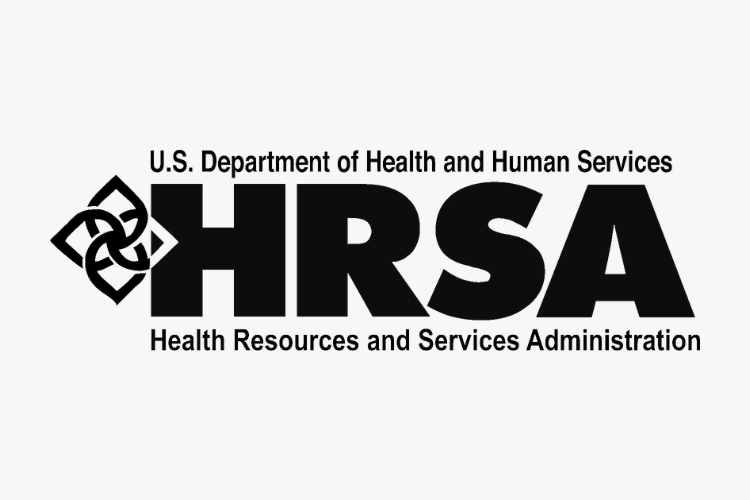
HRSA
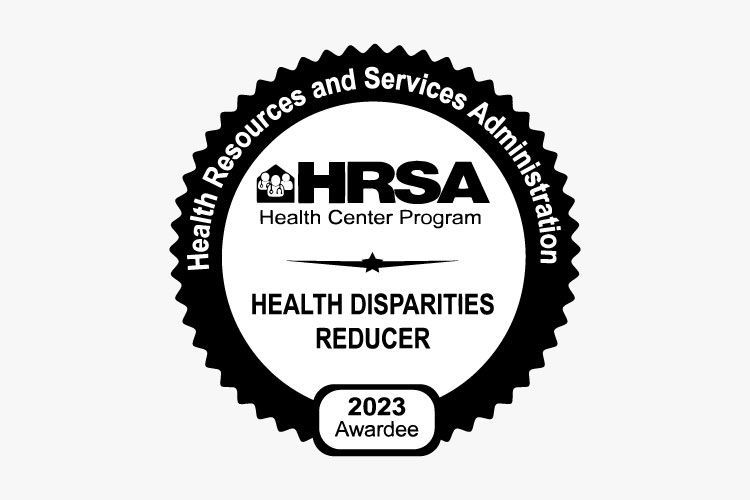
Beautiful Woman
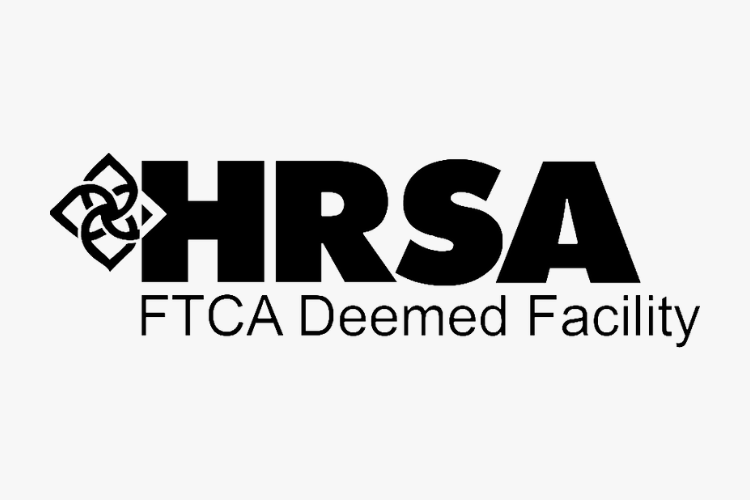
FTCA
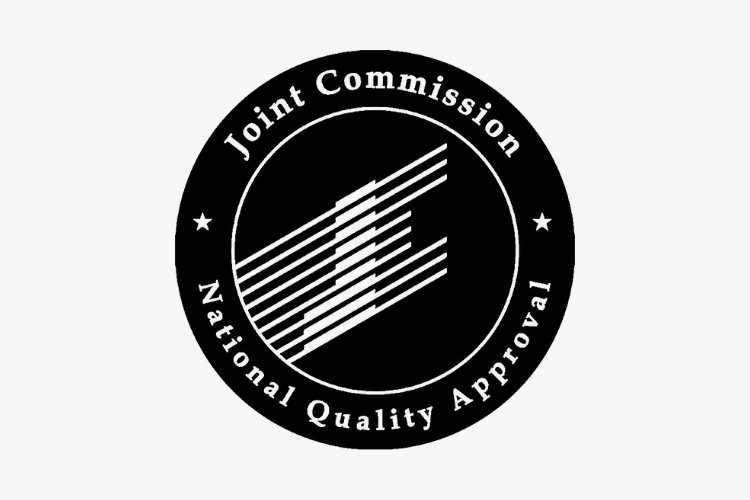
Joint Commission
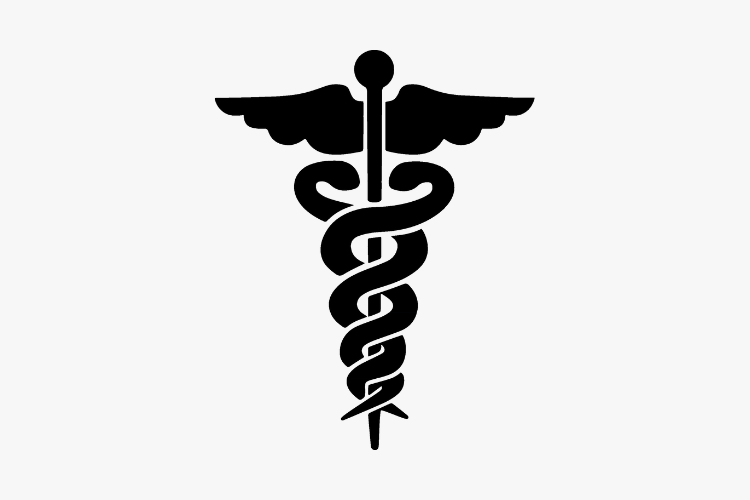
Caduceus
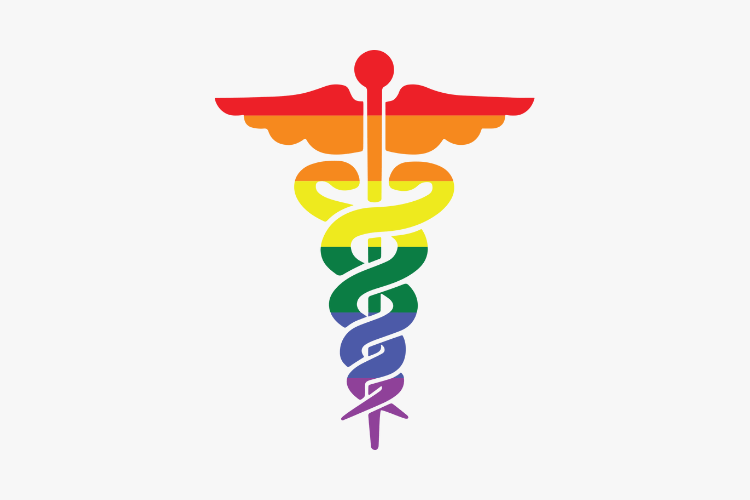
LGBT

HRSA

FTCA

Joint Commission

Caduceus


